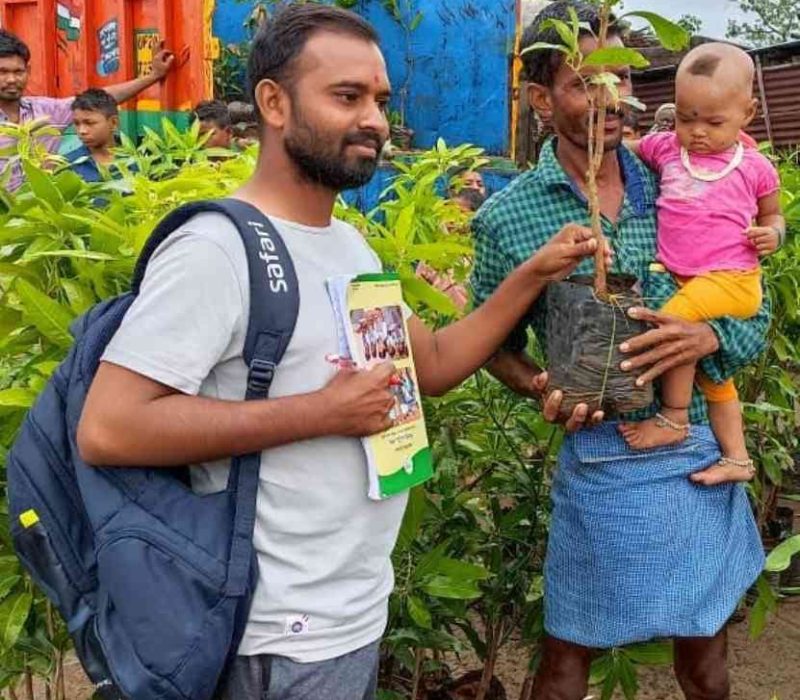At Hyderabad Tiger Conservation Society (HyTiCoS), we recognize the critical need to provide sustainable livelihoods for communities living in and around the Kawal Tiger Reserve. Our initiatives aim to reduce local dependency on natural resources while creating alternative income sources that enhance the well-being of families and communities. By offering skill development and sustainable farming practices, we empower people to improve their livelihoods and foster a sense of stewardship over the natural environment.


One of our key initiatives is training women in the villages of Kosagutta and Gandigopalpur. Through tailoring workshops, we have equipped 40 women with valuable skills that not only provide them with new sources of income but also contribute to their financial independence.
Additionally, we have supported 15 families by providing horticulture and floriculture saplings, including marigold and jasmine, as well as vegetable saplings to 94 families in a newly relocated village. This initiative helps diversify income sources and promotes sustainable agricultural practices, reducing the pressure on local wildlife habitats.

In addition to these initiatives, we have implemented vermicomposting units in local farming communities, which are proving to be a game-changer for agricultural productivity. Vermicomposting is a natural process that enhances soil health by introducing beneficial microorganisms that break down organic matter and make nutrients more accessible to plants.
The success of this project has been remarkable, with plans underway to expand the number of units to even more farmers. The vermicomposting units provide farmers with a profitable, sustainable alternative to chemical fertilizers, improving soil fertility, reducing costs, and helping to restore the natural balance of the ecosystem. Furthermore, this initiative addresses social and environmental issues by recycling waste and contributing to a circular economy.

